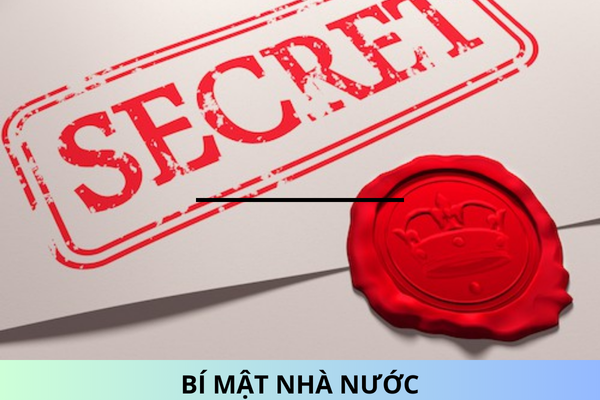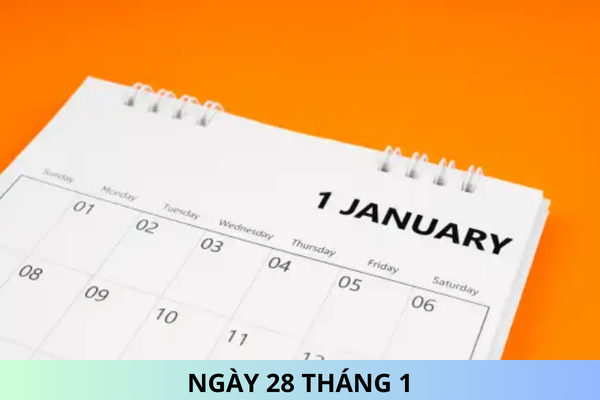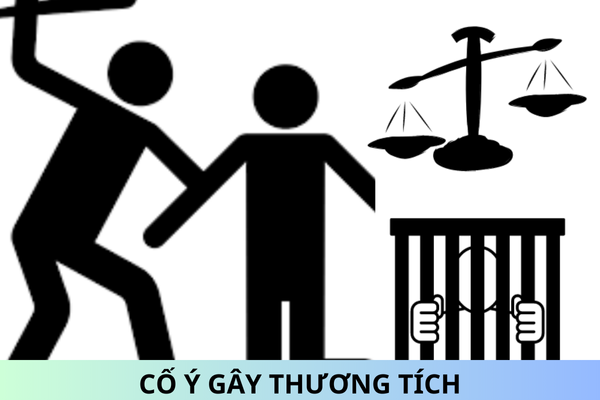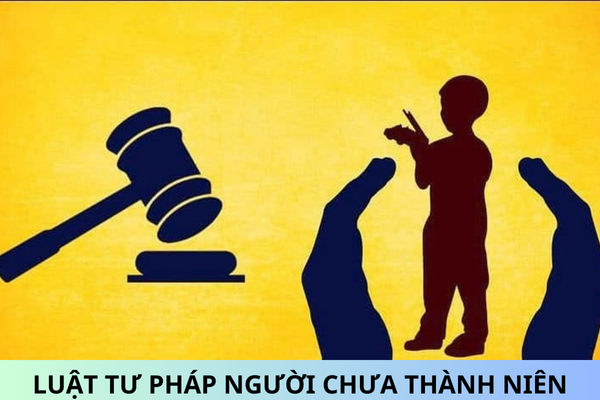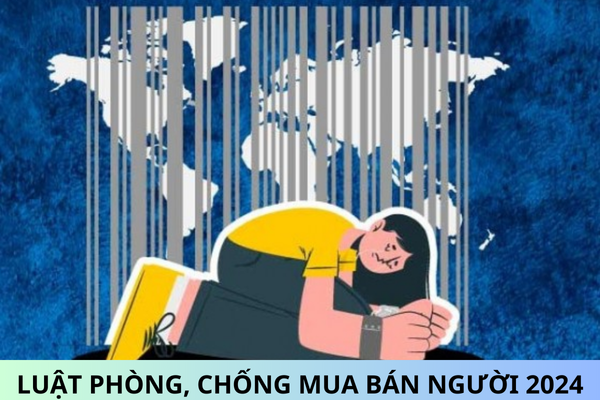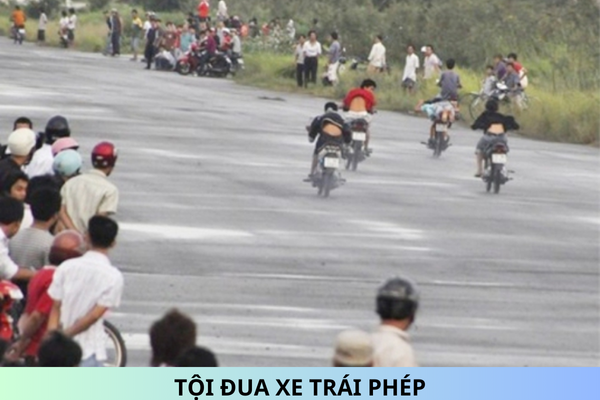Can Kinh people use English to talk when visiting prisoners in Vietnam?
Can Kinh people use English to talk when visiting prisoners in Vietnam? Can officers in charge of organizing visits request to extend the time of visiting prisoners in Vietnam?
Hello, my family is of the Kinh ethnicity. My child studied abroad since he was young so he uses English more than Vietnamese. Normally my family also speaks to each other in English, now my child I have committed a crime so I am detained in a camp. If my family comes to visit me, can I use English to talk to each other or do I have to use Vietnamese? Please ask for help.
Can Kinh people use English to talk when visiting prisoners in Vietnam?
Pursuant to Article 6 of Circular 182/2019/TT-BQP stipulates responsibilities of relatives and prisoners during visits as follows:
1. Relatives; individual; Representatives of agencies and organizations who visit and meet prisoners must strictly comply with the law, the Rules of the detention facility, the Rules of the Visiting House, and follow the instructions of the officers in charge of organizing the visits and other regulations. officers have other responsibilities. If you send items to prisoners, you must declare a list of items except items on the prohibited list and commit to being responsible before the law for sending items that do not comply with regulations. Do not bring prohibited objects into the home to visit according to regulations of the Minister of National Defense.
2. When a relative, a spouse, meets an inmate in a private room of the visiting house, they must declare their belongings and personal belongings for the responsible officer to review. If the items cannot be brought in, they must be sent to another place. cabinets at home visits; must write a written commitment to strictly implement the rules of the visiting house, be responsible for managing and supervising prisoners during the visiting period, not letting prisoners violate the law, the rules of the detention facility, and implementing prevention, fight infectious diseases. Female prisoners practice family planning to ensure they serve their prison sentence.
3. When communicating, the person coming to meet the prisoner and the prisoner must use the Vietnamese language. In the case of ethnic minorities and foreigners who do not know Vietnamese, they can use another language. People with limited hearing and speaking abilities can use sign language or communication support devices but must be checked by responsible officials before use.
4. When prisoners meet relatives, they must wear provided clothes, ensuring they are neat and clean. In cases where prisoners have just arrived to serve their sentence and have not yet been provided with pants and shirts (according to regulations), they are allowed to wear pants and shirts. Regular length but must be stamped “OFFENSE”; Strictly comply with the Rules of the detention facility, the Rules of the Visiting House and follow the instructions of the officers in charge of organizing the visits.
Thus, when your family is a Kinh person who knows Vietnamese, you must use Vietnamese to communicate when visiting your child in the detention facility. In your case, you are not allowed to use English to communicate when visiting.

Can Kinh people use English to talk when visiting prisoners in Vietnam? (Image from the Internet)
Can officers in charge of organizing visits request to extend the time of visiting prisoners in Vietnam?
According to Clause 2, Article 7, Circular 182/2019/TT-BQP stipulates that officials in charge of organizing visits have the following responsibilities:
2. Officials in charge of organizing visits are responsible for:
a) Receive and check documents of visitors; Make a list of prisoners who can be visited and submit it to the Head of the detention facility for approval and signature before visiting;
b) If the prisoner refuses to meet the visitor, the officer in charge of organizing the visit shall make a record and notify the prisoner's relatives;
c) Make a written proposal with the opinions of the prison officer in charge of the prisoner group or team for the Head of the detention facility to consider and decide to allow the prisoner to extend the time to visit relatives and see their wife or the husband stays in a separate room for no more than 24 hours;
d) Check objects of relatives meeting prisoners in the visiting house and private meeting room. In case of detecting the act of bringing prohibited objects into the visiting house, a record of confiscation must be made and reported to the head of the prison facility for processing according to the provisions of law;
d) Receive and check money and objects sent by relatives to prisoners;
e) Manage and supervise prisoners from the time of receipt until the end of the visit and handover to the officer on duty at the prison area, signing the prisoner's handover number.
According to this Article, officials in charge of organizing visits can extend the time to visit relatives according to the above regulations in Vietnam.
Best regards!
